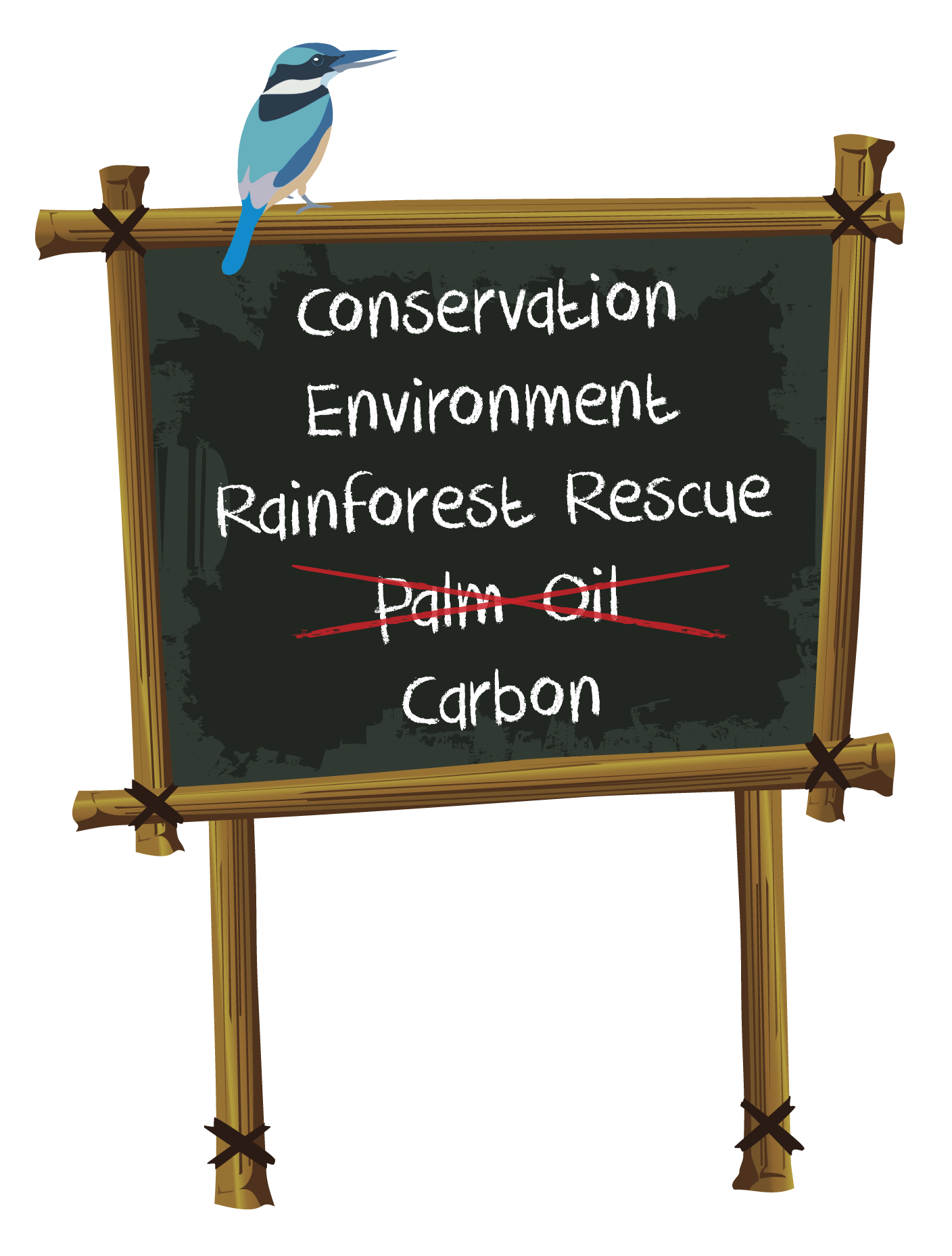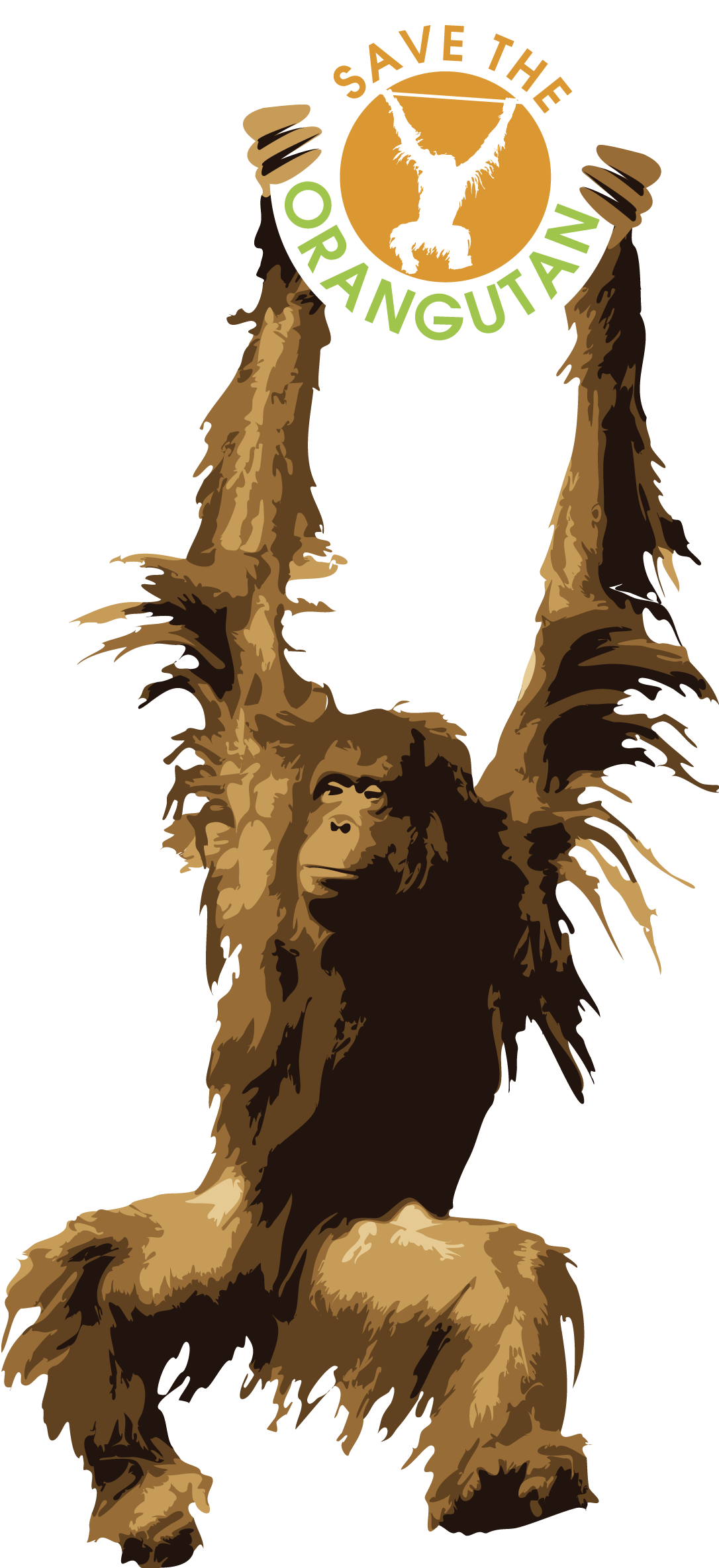National Schools Curriculum Links
CURRICULUM LINKS
We have spent a great deal of time developing our educational tours to ensure they align closely with the keys topics contained in the Australian National Curriculum. In association with an educational expert, we have developed the following list of Topicsand Responses to demonstrate how each has been implemented.

International migration and cultural integration are considerable factors in the lives of today’s youth, heightening the need to nurture an appreciation of social, cultural and religious diversity, as well as a sense of global citizenship.
Our expeditions will increase student appreciation of different cultures and demonstrate how the challenge of climate change and loss of biodiversity can cross cultural and religious boundaries to bring us all together.
The influence that expanding Asian nations have upon the world is rapidly increasing. Cross-cultural respect allows us to build strong relationships with Asia.
Our relationship with Indonesia allows us to develop successful and inspirational expeditions for students. By taking students to Indonesia, we are building positive relationships with the next generation between Australia and Asia.
Globalisation and technological change are placing greater demands on education and skill development in Australia. To maximise their opportunities for a successful future, Australia’s youth must be encouraged not only to complete secondary education, but also to proceed into further training or education.
We encourage students to think positively about education in an interactive environment, allowing students to develop a first-hand understanding of important issues such as deforestation and endangered species conservation. Our educational tours promote enthusiasm for tertiary education by showing the students that they can make a difference no matter how big the problem may seem. Students will be faced with the impacts of global development and will learn how tertiary education will be vital to ensuring changes for future generations.
Complex environmental, social and economic pressures, such as climate change, that extends beyond national borders pose unprecedented challenges, requiring countries to work together in new ways. To meet these challenges, Australians must be able to comprehend and use scientific concepts and principles, and approach problem solving in new and creative ways.
By undertaking this trip students will become aware of global environmental issues and the domino effect that these issues can have. They will not only learn to work together, but also with people from another culture. They will be witness to NGO’s of Australia who are doing unbelievable work in the face of adversity, developing a higher appreciation of the amazing efforts that go on largely unnoticed. By assisting a team of people regenerating forest areas, they will develop scientific fieldwork knowledge and skills.
Students develop their capacity to learn and play an active role in their own learning.
Making a conscious decision to be a part of this trip enables students to actively learn about major issues like environmental degradation and rapid decline of biodiversity. They will be fully immersed in the experience and for the most part, will learn by practical experience. It will be interactive learning where the jungle is their classroom.
Students are creative, innovative, resourceful and are able to solve problems.
This trip is a very practical excursion where the student can see how people with not a lot of money or equipment can be innovative and effective in regenerating the rainforest that has been previously destroyed for palm oil plantations. By planting their own tree, students will see how a vision for the future can lead to solving a massive problem, and become part of the solution. Discussions will also be held with our Conservation & Educational Consultant, Jess, to get students working together and to thinking of their own solutions to such problems.
Students are able to plan activities independently, collaborate, work in teams and communicate ideas.
Due to the nature of this trip, the activities have all been prearranged. Throughout the trip, students will be working as a team to get the most out of certain activities. For example: whitewater rafting promotes collaborating as a team to make the experience as fun and safe as possible. Communication between the students is vital for this expedition. We encourage open conversation about how the students feel about what is happening to the orangutans, deforestation and the work being done by local people who are trying to reverse the process.
Students are able to make sense of their world and think about how things have become the way they are.
This trip aims at showing students what is happening in the world outside of Australia. By experiencing another country and the crisis that not only affects them but also the world in terms of climate change and loss of biodiversity. We want students to make the connection between the choices that they make today and the impact that those choices have upon the world tomorrow.
Students are on a pathway towards continued success in further education, training or employment.
This trip provides a great life opportunity, whilst giving the students valuable skills in deforestation, conservation management and global awareness. It also provides developmental skills and experience that can be used on their resume/curriculum vitae. It also encourages students to gain a sense of duty, which will push the student to look at tertiary education as a way of effectively making a difference in the world and in themselves. This is something that our Conservation & Educational Tour Manager will promote throughout the expedition.
Students have a sense of self worth, self awareness and personal identity that enables them to manage their emotional, mental, spiritual and physical wellbeing.
Undertaking a trip like this will help the individual student gain new perspective of the world, which will aid in their personal identity and growth. Experiencing a different culture and religion will allow the student to become more in touch with his/her own spiritual side, allowing growth of emotional maturity. Witnessing the level of deforestation and biodiversity loss that has occurred due to anthropogenic development will be quite confronting. We will give students the tools required to turn this emotion into a determination to create change and positive impacts, developing mental strength in the students. Students embarking on the expedition will also experience fun and physical activities such trekking through the rainforest, whitewater rafting and elephant riding.
Students have a sense of optimism about their lives and the future — are enterprising, show initiative and use their creative abilities.
Having a greater understanding of the environmental troubles facing the world will give the students newfound optimism to want to make positive changes. This expedition will allow the student to think about how they would make a difference in the face of adversity and initiate a positive style of thinking, rather than the ‘someone else will do it’ attitude.
Students develop personal values and attributes such as honesty, resilience, empathy and respect for others.
Learning to travel with others is a vital skill that will teach students about personal respect and social interactive skills. They will learn that the best way to get along with people is to be honest, show empathy and respect towards others. By travelling to the rainforest and seeing the devastating effects that man has had on the orangutans through deforestation, the students will share an experience that will leave them with a heightened sense of empathy, respect for the people who are working towards saving the rainforest and orangutans and a resilience to do something positive in the face of hardship.

Students have the confidence and capability to pursue university or post-secondary vocational qualifications leading to rewarding and productive employment
Discussions about tertiary education after highschool are something that we promote. If the students feel positive about this trip and have gained an interest in any of the fields that we explore on the journey, for example; conservation management, this will encourage them to explore avenues that will lead them to study this field further.
Students relate well to others and form and maintain healthy relationships.
Travelling with friends, but also meeting new people from a different culture will give the students valuable lessons on relating with people from all backgrounds. Because this trip is such a unique experience, bonds will form with the people who not only took part in it, but with the people who are making this trip possible.
Students are well prepared for their potential life roles as family, community and workforce members.
Because this trip is a commitment and takes students to places they may not ever go, if were not for this opportunity, it gives them a sense of achievement. It also helps them to understand the value of friendship, community and gives them an inside look on the workforce of people they may have never considered before. It also gives the students a chance to identify certain areas of the workforce they may be interested in entering. Our Conservation & Educational Consultant, Jess, is on hand to give advice to students wanting to pursue a career or further educational training in the field of conservation, biological and environmental sciences.
